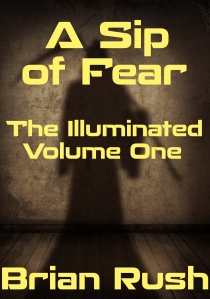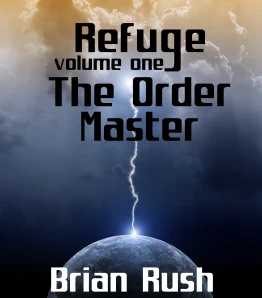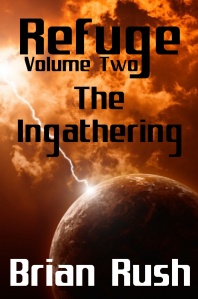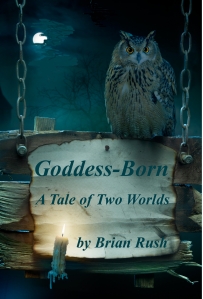Clare Davidson’s Trinity could have been about half again as long as it is.
In reading this story, which held my interest well, I felt there was a lot of potential that didn’t quite manage to be developed. The framework of the world and its difficulties caused by the death (more or less) of two-thirds of its pantheon is clever and original. I felt that a lot more could have been done in terms of covering the way in which the society was impacted by the theological disaster. We learn the gist of it, but the way in which the effective absence of the two goddesses has sent the land and people into a kind of simmering madness, that periodically becomes complete madness, could have been dealt with better, especially in some of the later scenes which presented a perfect opportunity.
The characters, I feel, are another area that deserved and should have had more development. In concept, and in what development occurred, these are great, complex, strong characters. Each of the five main characters has complicated layers of motivation that are the stuff of great immersion in a story, and much more could have been added that would have shown their personalities in all their depths. Instead, I felt the story was rushed and that the author was in too great a hurry to get to the conclusion of the tale.
This is especially true of Kiana, the incarnation of the goddess Miale. Kiana is actually a very strong woman, but one has to stop oneself, look back on her actions, and figure this out. The impression one gains while reading the story is of a weak, ignorant, cowardly, rather pathetic little bimbo, because those are the emotions she is always expressing. Since that isn’t really what she’s like — I could present actions on her part aplenty to prove this, but they would be spoilers — I don’t feel it worked to present her as if she were. I found that this evidence of strength and stubbornness had to power a rational understanding that she really is a stronger character than the impression I was getting. On a visceral level, she comes across as weak, whining, and somewhat empty-headed. A little of that, especially in the beginning, might have been very good, but she should have hardened in her behavior over time as the group faced their difficulties and she developed a determination to save the world.
The other characters — the Guardian with healing powers, the renegade Wolf who was enemy-turned-ally, the Wolf battle leader pursuing the renegade with motives of personal vengeance as well as justice, and the far-sighted magician who accompanies the battle leader — don’t display the same sort of disconnect between visceral impressions and their actions, but each of them could have been better developed. There was so much in concept to each of them that I felt they deserved more of their own stories told.
The writing style of Trinity is solid. I felt it could have benefited from another round of editing but on the whole, it’s well written, with few wasted words and a nice, crisp style. The concept is good and original, the characters are interesting and complex, and the conclusion handled reasonably well. If it were half again as long to develop both plot and characters in more depth, it would be great.
It’s still worth reading even so.













